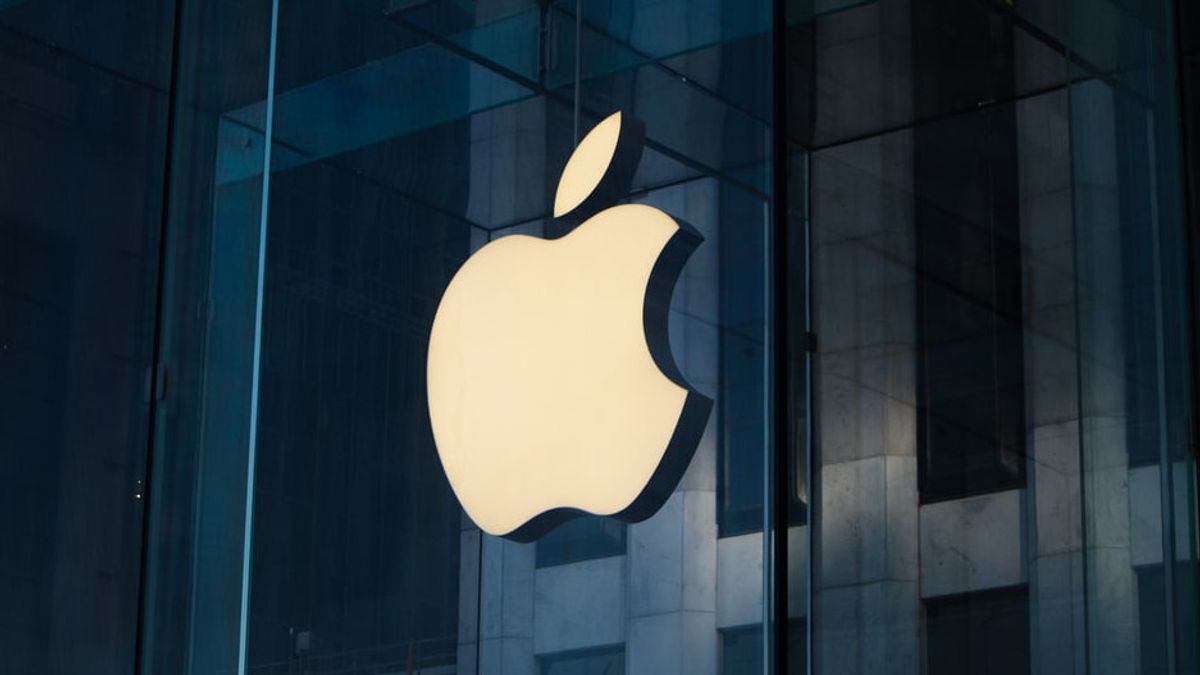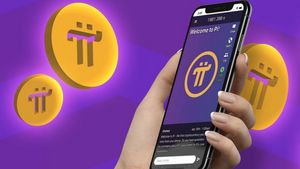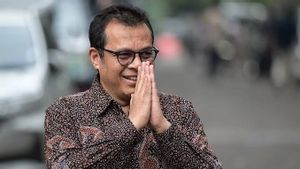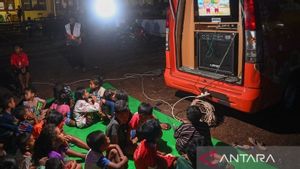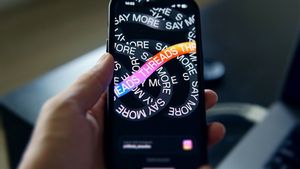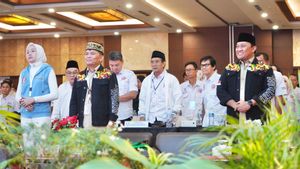JAKARTA - An appeals court in the US on Friday, February 4 issued a jury ruling ordering Apple Inc and Broadcom Inc to pay 1.1 billion US dollars (Rp 15.8 trillion) to the California Institute of Technology for violating Wi-Fi technology patents. The court also ordered a hearing for damages.
The US Court of Appeals for the Federal Circuit said the January 2020 decision by a federal jury in Los Angeles, one of the largest in a patent case, "is not legally upheld."
The decision also upheld the jury's finding that Apple and Broadcom infringed on two Caltech patents, and ordered a new trial of whether they infringed on a third patent.
Caltech sued Apple and Broadcom in May 2016, alleging that millions of iPhones, iPads, Apple Watches, and other devices using Broadcom chips violated its data transmission patents.
The jury has ordered Apple to pay Caltech an additional $837.8 million and Broadcom to pay an additional $270.2 million.
Caltech spokeswoman Shayna Chabner said the Pasadena, California-based school is confident that the value of its patent will be "fully recognized" in the new indemnity trial. Neither Apple nor Broadcom immediately responded to requests for comment from Reuters on the ruling.
Apple is a major buyer of Broadcom chips, and in January 2020 reached a $15 billion supply deal ending in 2023. Broadcom expects 20% of its revenue to come from Apple.
Caltech's damage model is based on the argument that schools can simultaneously negotiate licenses with Apple for devices containing Broadcom chips, and licenses with Broadcom for chips used elsewhere.
The verdict for the appeals court, Circuit Judge Richard Linn rejected that theory. "The fact that Broadcom and Apple are separate infringers alone does not support treating the same chip differently at different stages in the supply chain," Linn wrote. "Caltech's two-tier damage theory cannot legally be supported on this record."
Caltech has also sued Microsoft Corp, Samsung Electronics Co, Dell Technologies Inc and HP Inc for alleged patent infringement. These cases are still pending.
The English, Chinese, Japanese, Arabic, and French versions are automatically generated by the AI. So there may still be inaccuracies in translating, please always see Indonesian as our main language. (system supported by DigitalSiber.id)
